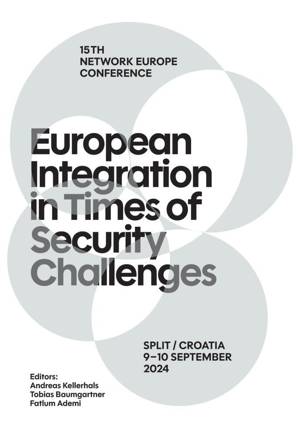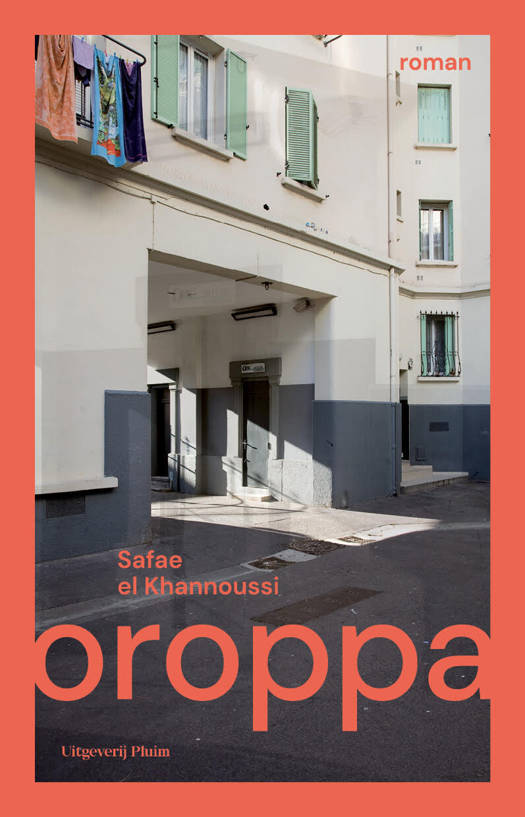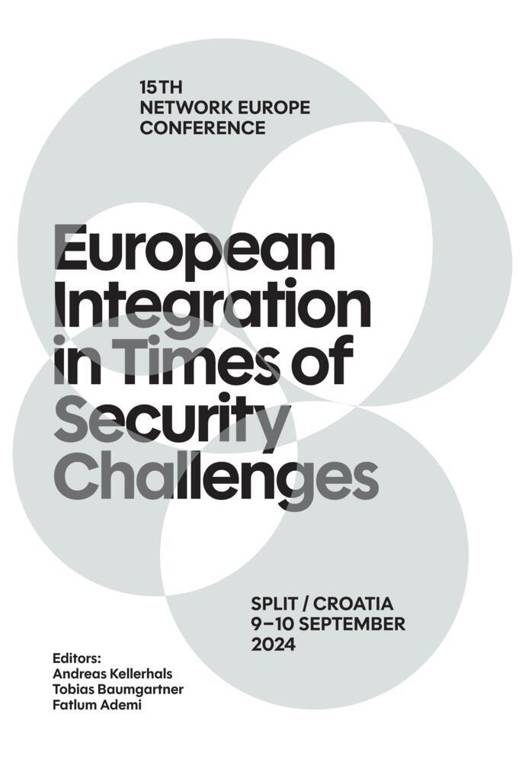
- Afhalen na 1 uur in een winkel met voorraad
- Gratis thuislevering in België vanaf € 30
- Ruim aanbod met 7 miljoen producten
- Afhalen na 1 uur in een winkel met voorraad
- Gratis thuislevering in België vanaf € 30
- Ruim aanbod met 7 miljoen producten
Zoeken
European Integration in Times of Security Challenges
15th Network Europe Conference - Split, 9-11 September 2024
Andreas Kellerhals
€ 53,95
+ 107 punten
Omschrijving
The European Commission's "Enlargement Package 2023" proposed opening accession negotiations with Ukraine, Moldova, and Bosnia and Herzegovina while granting candidate status to Georgia, bringing the total to seven candidate states and two potential candidates. Ensuring compliance with the Copenhagen criteria remains a key challenge, alongside necessary institutional reforms, particularly regarding EU decision-making and unanimity rules. In migration policy, the adoption of the "New Pact on Migration and Asylum" in December 2023 marked a major step toward a unified approach. Based on solidarity, shared responsibility, and human rights, it aims to improve long-term migration management, though implementation remains a challenge. Meanwhile, the EU continues to navigate its digital and green transitions. A milestone in 2023 was the adoption of the world's first legal framework for AI regulation, reflecting the EU's ambition to set global standards, though its impact on the digital economy remains uncertain. This publication explores these key developments, highlighting the interplay between policy-making and societal engagement in a shifting geopolitical landscape. It features contributions from Fatlum Ademi, Jelena Ceranic Perisic, Viorel Cibotaru, Iris Goldner Lang, Christos V. Gortsos, Gabor Halmai, Dorian Jano, Andreas Kellerhals, Maroje Lang, Lee McGowan, Roman Petrov, Clara Portela, and Juan Santos Vara. Network Europe was founded in 2003 by the Europa Institute at the University of Zurich with support from the Swiss government. It serves as a forum for scholarly exchange on legal and political aspects of European integration, bringing together researchers from across Europe.
Specificaties
Betrokkenen
- Auteur(s):
- Uitgeverij:
Inhoud
- Aantal bladzijden:
- 204
- Taal:
- Engels
- Reeks:
- Reeksnummer:
- nr. 15
Eigenschappen
- Productcode (EAN):
- 9783038057840
- Verschijningsdatum:
- 21/03/2025
- Uitvoering:
- Paperback
- Formaat:
- Trade paperback (VS)
- Afmetingen:
- 170 mm x 244 mm
- Gewicht:
- 331 g

Alleen bij Standaard Boekhandel
+ 107 punten op je klantenkaart van Standaard Boekhandel
Beoordelingen
We publiceren alleen reviews die voldoen aan de voorwaarden voor reviews. Bekijk onze voorwaarden voor reviews.











